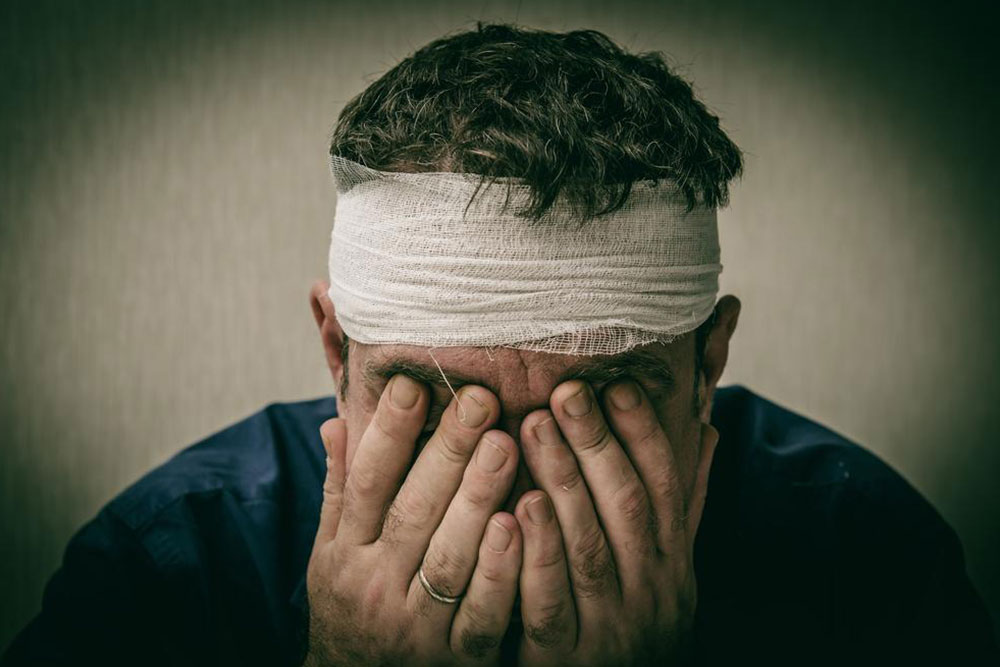Dr. Curtis Cripe Discusses Concussions: Symptoms, Treatment, and Recovery
According to Dr. Curtis Cripe, a concussion, classified as a mild traumatic brain injury, is a temporary condition that impacts brain function. Typically caused by a bump, violent jolt, or blow to the head, a concussion disrupts normal brain activity.In some cases, it can also occur from a forceful hit to the body that causes the head to jerk backward, forward, or to the side. Common symptoms of a concussion include headaches or a sensation of pressure in the head, temporary loss of consciousness, confusion, memory loss associated with the traumatic event, dizziness, ringing in the ears, and nausea.
 |
Image source: homenaturalcures.com |
If left untreated, concussions can lead to various complications. These may include post-traumatic headaches, which can manifest as persistent pain in the head following a head injury.
Additionally, individuals may experience post-traumatic vertigo, a form of dizziness and imbalance that arises after a traumatic event. In some cases, individuals may develop post-concussion syndrome, which involves a range of symptoms like headaches, dizziness, and cognitive difficulties persisting for weeks or even months after the initial head injury.
Moreover, repeated brain injuries can have cumulative effects, potentially leading to a rare condition known as second impact syndrome. This syndrome can cause rapid and usually fatal brain swelling if a second concussion occurs before the symptoms of the initial injury have resolved.
For diagnosis and treatment, a neurological examination is a comprehensive assessment that evaluates body sensation, coordination, vision, hearing, balance, and reflexes. Cognitive testing goes further to assess memory, concentration, and recall abilities.
Imaging tests such as CT scans and MRI play a crucial role in identifying brain changes and potential complications. When it comes to treatment, it's important to prioritize rest for brain recovery.
Medications like acetaminophen may be prescribed for pain management, while anti-nausea drugs can provide relief from associated symptoms. Rehabilitation efforts focus on retraining brain pathways to enhance both mental and physical functioning for overall recovery and well-being.
 |
Image source: d2hg8ctx8thzji.cloudfront.net |
Each concussion experienced by an individual is unique in its manifestation and recovery trajectory. While most concussion symptoms tend to dissipate within a window of 14 to 21 days, it's crucial to note that undiagnosed, unrecognized, or inadequately treated concussions have the potential to impede your recovery process. In such cases, the recovery timeline may extend beyond the typical two weeks, stretching into months or even longer periods.
Dr. Curtis Cripe says that if you have received a concussion diagnosis and find that symptoms persist beyond the 14-day mark or worsen, it is advisable to seek assistance from a healthcare professional specialized in concussion management.
Dr. Curtis Cripe is the head of the NTL Group's research and development team. Read more of his insights by visiting this blog.